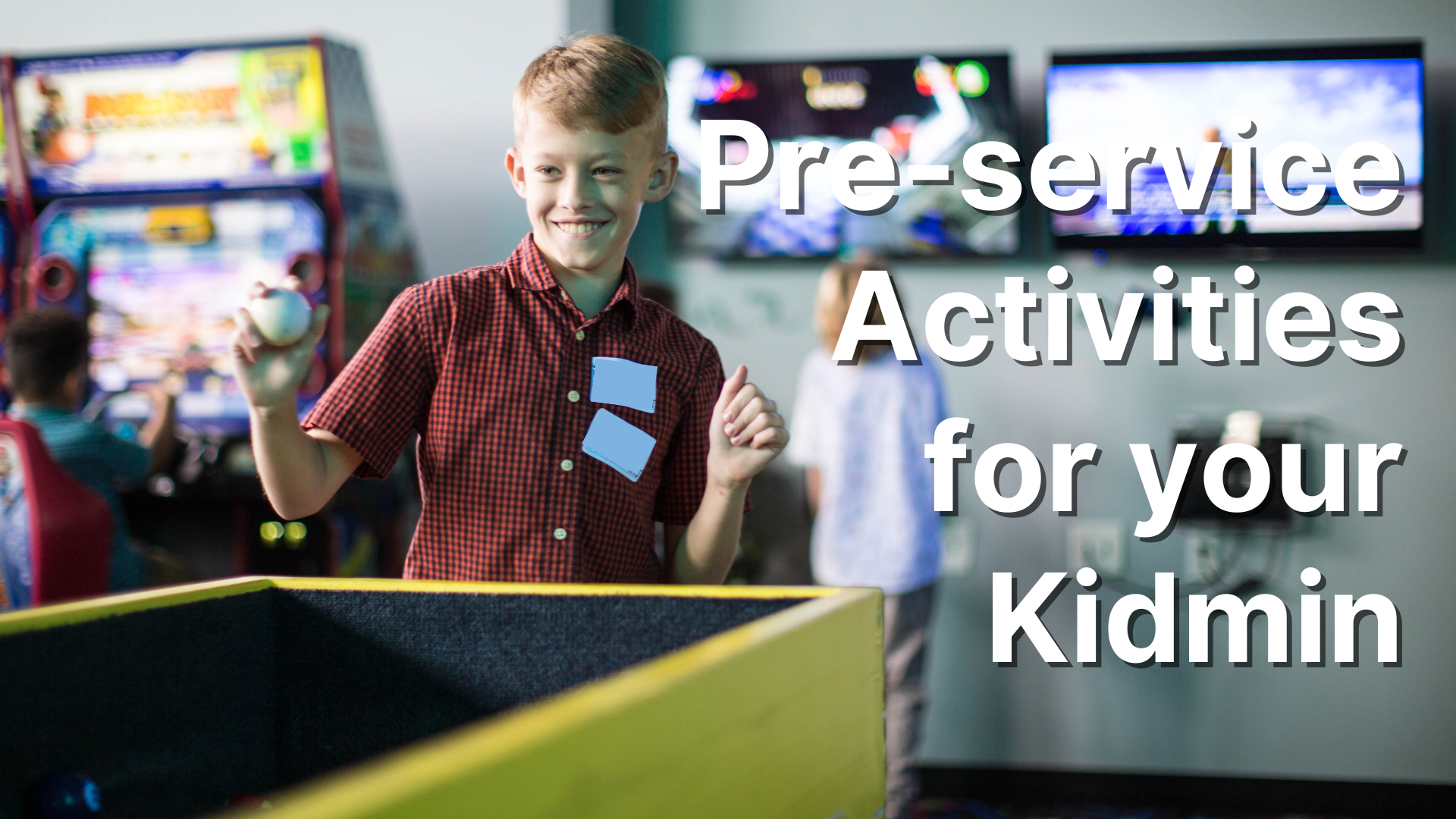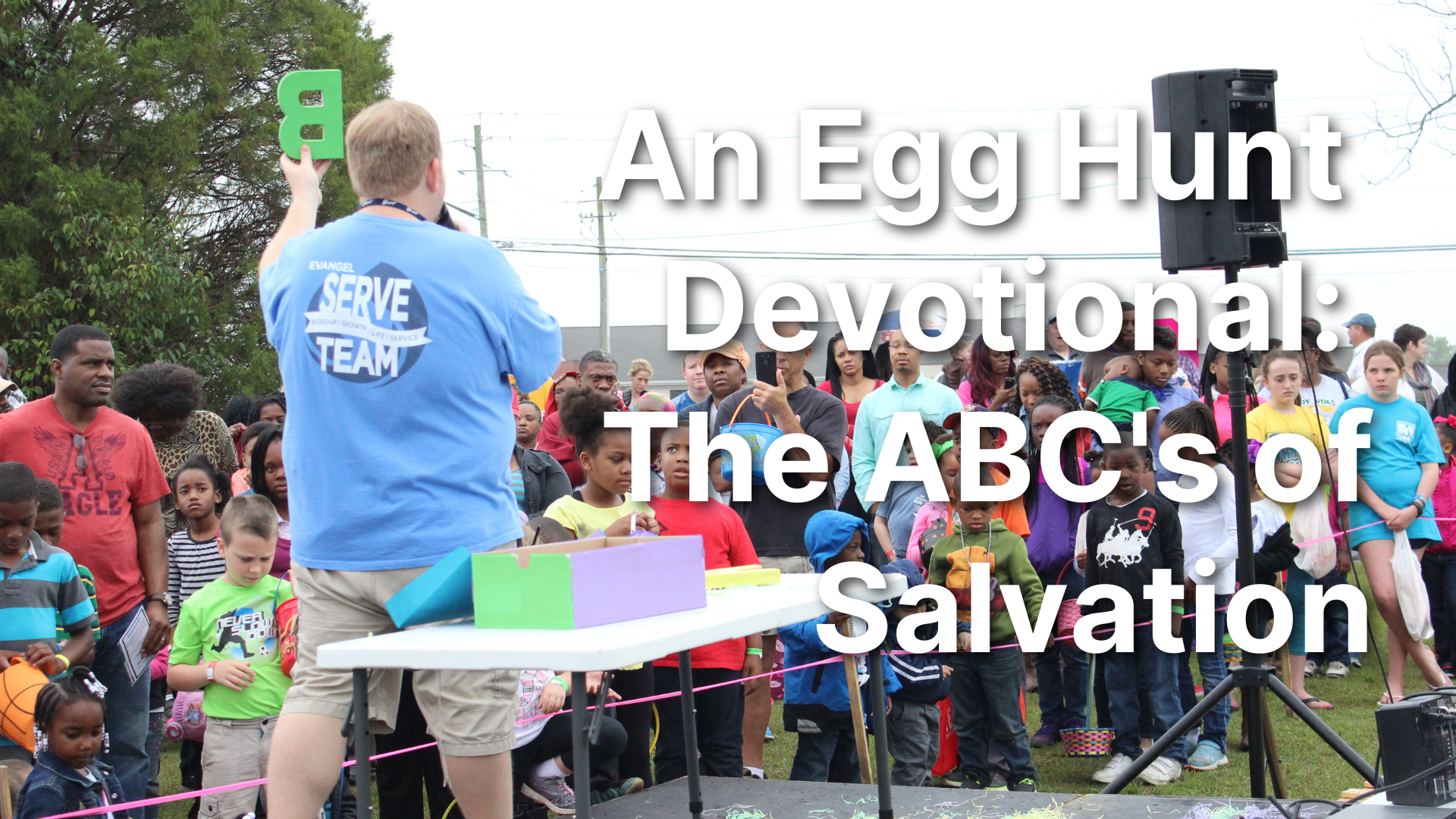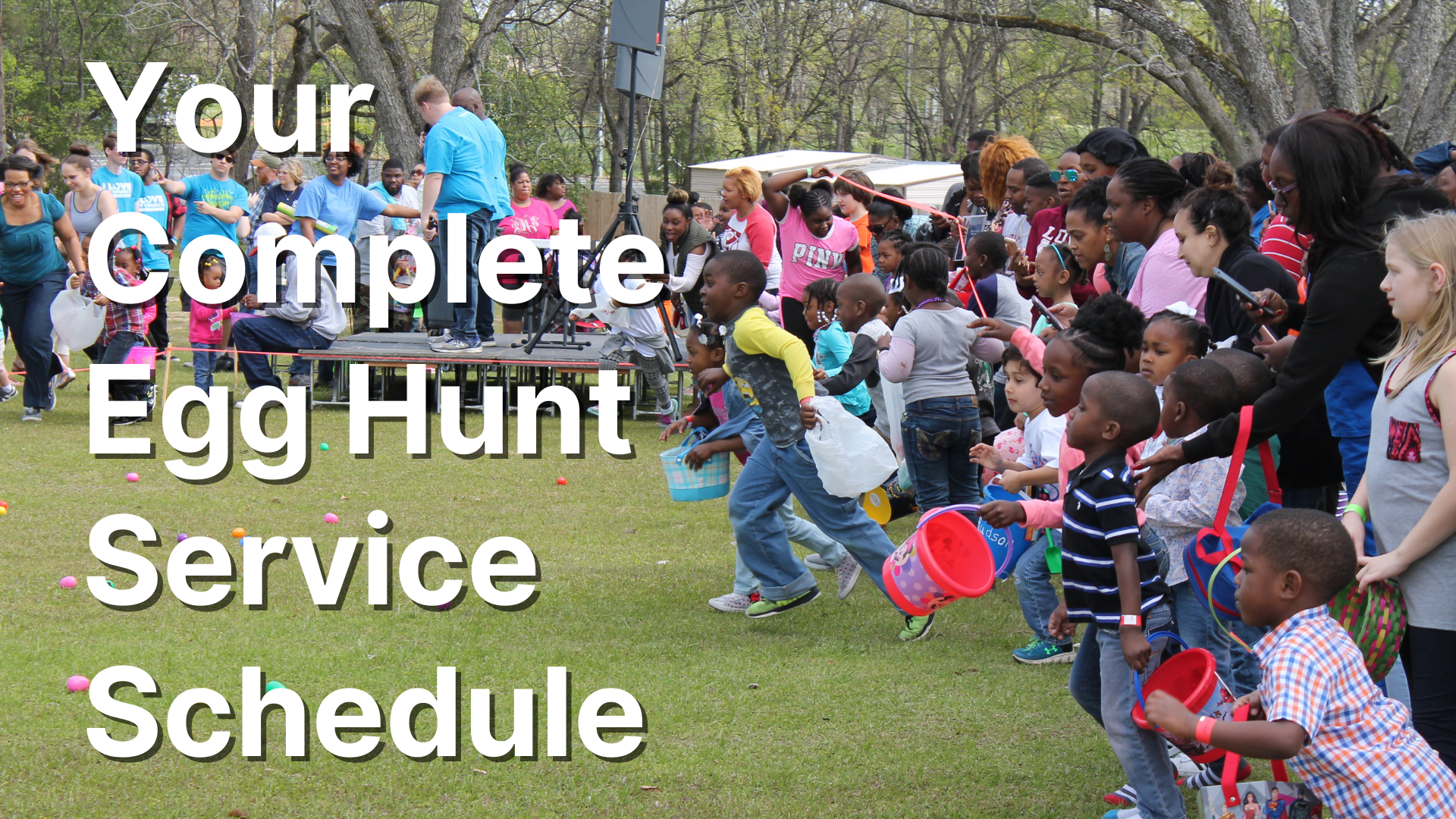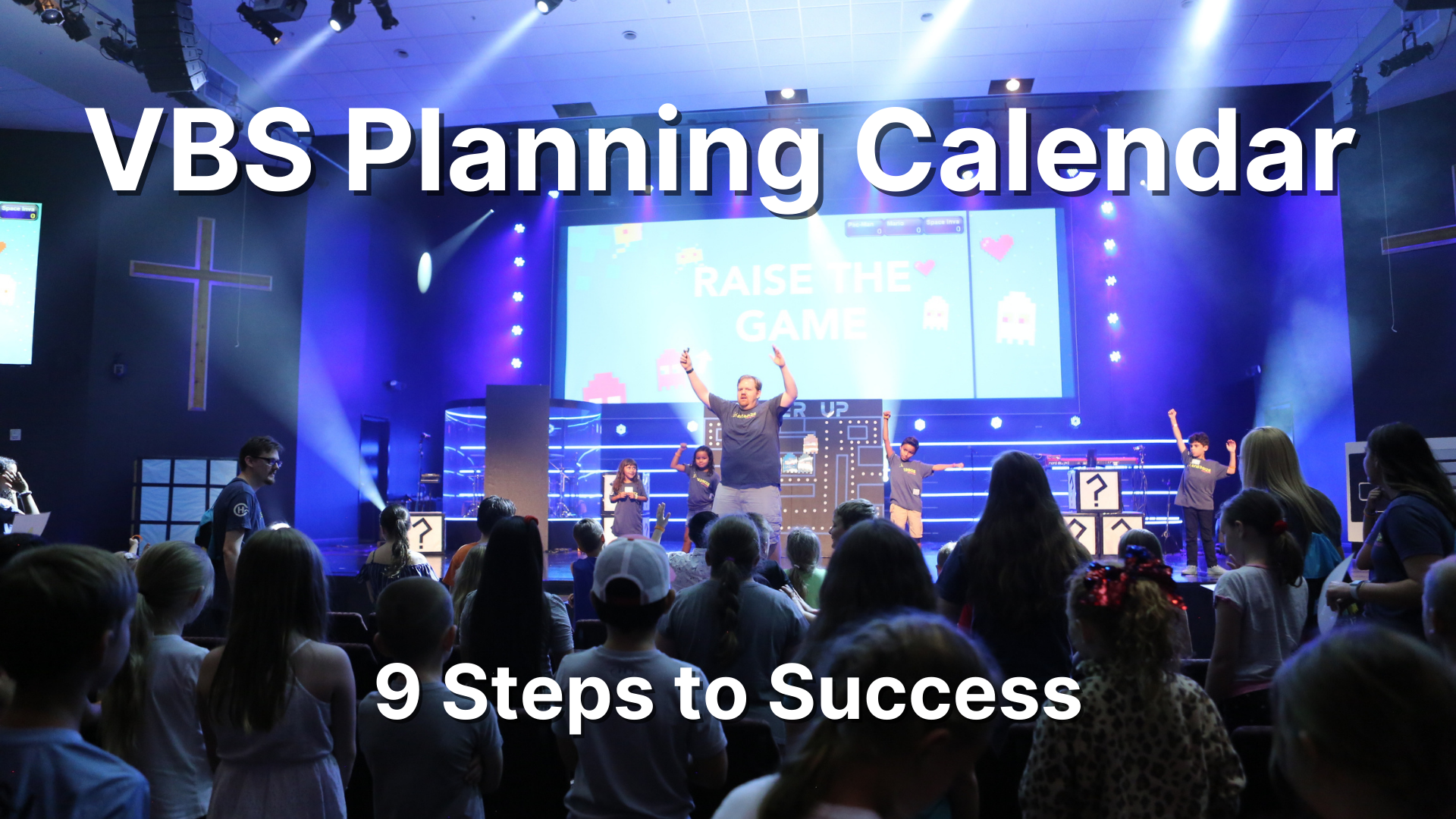5 Tips to Include Kids with Special Needs in Your Kidmin
Photo by Markus Spiske on Unsplash
There is a great increase in numbers of kids on the spectrum throughout our society. The latest statics show the number of kids with Autism or other disability are staggering. According to Maternal and Child Health Bureau's National Survey of Children's Health, 19% of children in the United States had special health care needs in 2019–2020. This is more than 14 million children. In addition, about 17% of children aged 3 through 17 years have one or more developmental disabilities. In 2021–22, 7.3 million students ages 3–21 received special education and/or related services under the Individuals with Disabilities Education Act (IDEA). This is the equivalent of 15% of all public-school students.
Bottom line, if you have more than 10 kids in your ministry, there is a good chance that at least one of them will have some kind of special need. Those needs are vast, and the accommodations needed for each of these kids are as unique as the child.
I’m not a special needs expert or a parent of one. I am a certified teacher, and part of the training to become certified is an entire semester of Special Education with observation. After over 15 years of experience in children’s ministry and in the educational system, I’ve learned a few key strategies that can help anyone serve these incredible children.
1. Least Restrictive Environment
As much as I’d love to be at a church that can support it’s own special needs ministry, I’ve never served in one. Even if I did have a ministry like that, not every kid with a developmental disability needs to be separated into another room. The philosophy in education is called, Least Restrictive Environment (LRE). Putting a child in a room of other kids with similar disabilities and one on one care is the most restrictive setting.
Most kids can and should interact with the general population. The main idea of LRE is to put children in places where they can thrive, even if they need some accommodation. A lot of children with Autism can become overstimulated, meaning a loud room with lights and lots of kids running around can be overwhelming. Instead of moving them out for an entire service, it may be better to let them sit in the lobby with a buddy volunteer during worship time. This way they can join the rest of the kids during the story or small group.
The key is to have an open conversation with the parent and ask what works for them and not. Which brings me to my next point.
2. Talk to the parents
One thing my professor stressed in my Special Ed class was to never diagnose. It takes doctors with years of training and experience, using very specific assessments to make diagnoses. You most likely don’t have that training, so don’t assume that you know what’s going on.
That said, after serving with kids for a while, you do begin to spot patterns. Certain kids can’t sit still. Others cover their ears when it gets too loud. Still others make inappropriate comments at inappropriate times.
Unfortunately, a lot of times the parents don’t share what’s going on with their child. They do this for several reasons. Some of which include:
They’re embarrassed.
They’ve been run out of other churches and don’t want to be turned away.
They don’t know,
They forgot and/or didn’t have the time to tell you.
These reasons can be exasperating, but I can tell you I’ve experienced each one. If you believe a child has special needs, and you haven’t been informed by the parents, you need to talk to the parents about it. But tread carefully. Don’t make any assumptions or accusations. This can be a very touchy subject, and you don’t want to create a problem.
When I have these conversations, I start by moving the parent to the side away from prying ears and informing them of specific behaviors I observed during that day’s service. Most of the time the parent will let you know what’s going on at home that may have caused the behavior and/or promise to talk to the child. They may tell you about some needs and accommodation at that point.
If the behavior persists, and you’ve had frequent conversations with the parent, then ask them if this is the way they behave at home or at school. At this point you should have an ongoing dialogue about their child’s behavior. The parent will most likely offer some insight. I’ve had some parents reveal that they’re in conversations with teachers about their child’s behavior, but the child hasn’t been diagnosed yet. We talk a lot about partnering with parents in kidmin. Helping their kid be successful in service is very much part of this process regardless of their disability.
If the child does have special needs, the parent will know some of the lingo. The child should have a 504 plan or an IEP. You don’t have to know exactly what those are, but it is ok to ask what kind of accommodations the schools provide for their children. Take this information and try to adapt it to your service.
3. Pair them up
I’ve mentioned having a buddy earlier, and for me this has been the best strategy for kids with developmental delays and/or autism. Whether it’s a specific volunteer or one that I know can be accommodating for that Sunday, I assign them to be the child’s buddy. Their job is to sit next to the child, answer their questions, and adjust as needed. This needs to be a loving, caring person with a lot of patience. The kid then looks forward to coming back and hanging out with that volunteer because they get individualized attention.
4. Be patient
A kid with special needs can drive you nuts. But you must be patient with them. For many, they can’t meet the expectations you’re setting for them. This is not a time to lose your temper and force them to do what you want physically or verbally. Be as patient as possible and adjust as needed.
With the parent’s permission, inform the other volunteers what kind of behaviors to expect and what they can do to help the child. You don’t want a volunteer losing it because they don’t know or understand. Keep them informed as much as possible and ask for their feedback if they work with the child one-on-one, so you can report back to the parents what’s happening.
5. Celebrate small wins
Children with developmental delays by definition will not be able to do the same things as kids their own age. That doesn’t mean we make them feel less than. On the contrary, we can celebrate them and for the accomplishments they do make. They may never be able to stand in front and say the memory verse, but they may be able to say the reference to their buddy. It may take them a long time to finish the craft, but you can celebrate what they accomplished. You may have trouble understanding them but take the time to listen to their stories and laugh at their jokes.
In a lot of places these kids go, they are ridiculed, looked down upon, and barred from participating. Church is a place to feel accepted and loved. We need to do everything we can to make sure that they are.
For a lot of parents of children of special needs, church is a refuge. Their days are long and frustrating. That 75 minutes of worship can be a respite as they get the rest, encouragement and strength they need from our loving God. We get the honor to help those parents worship by taking care of their kids and teaching them about Jesus. Jesus came for everyone. Let’s show all of our kids the love of Jesus.










One of the hardest parts of kidmin is dealing with older kids in the late spring early summer. They get their own version of senioritis. They will check out completely, complain they’re bored, or misbehave.
As their behavior degrades, you can see the younger kids follow suit.